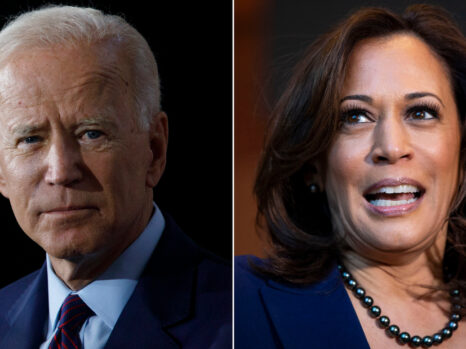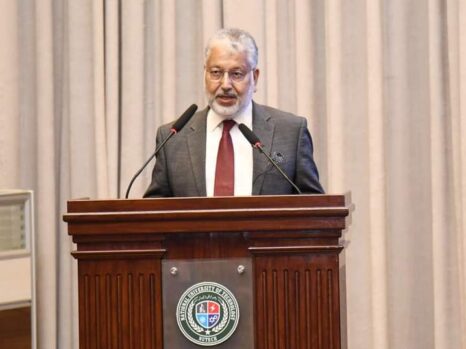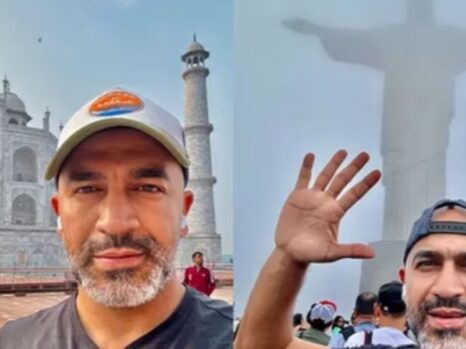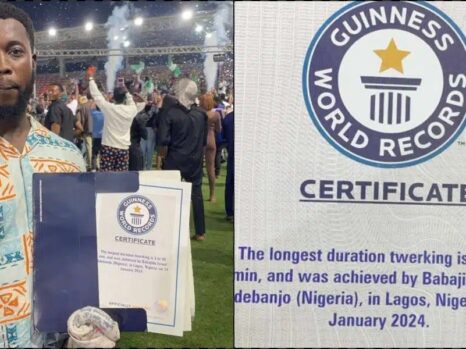You found our list of the best interview questions to ask candidates.
Interview questions are questions that employers ask to determine the best fit for a position among a pool of candidates. Because interviewers have a limited amount of time to evaluate candidates, recruiters select questions that elicit informative and comprehensive answers. Examples of the most common interview questions include “tell me about yourself,” and “what is your greatest accomplishment?” but interviewers occasionally pose more strategic or unique questions to test applicants’ critical thinking skills and creativity.
This article contains:
- great interview questions
- most common interview questions
- unique interview questions
- strategic interview questions
- hard interview questions
- good interview questions to ask
- questions to ask an interviewee
So, here is the list!
Great interview questions
- Why should we hire you?
- What is most important to you in a role or work environment?
- What are you hoping for in your next role?
- What do you know about the company?
- Who is the smartest person you know personally? Why?
- Describe your relationship with your current colleagues.
- What is the most recent thing you learned?
- What are you most proud of in your professional life so far?
- What do you enjoy doing outside of work?
- How would your former managers and coworkers describe you?
Most common interview questions
- Tell me about yourself.
- Why do you want to work for this company?
- What are your greatest strengths?
- What is your biggest weakness?
- Tell me about a challenge or conflict you overcame at work.
- What is your most impressive work achievement?
- Why do you want to work at this company?
- Why do you want to leave your current role or company?
- Where do you see yourself in five years?
- What are your salary expectations?
Unique interview questions
- If we hired you as CEO of this company tomorrow, what is the first change you would make?
- If your exact opposite walked into this office after you, what kind of interview would they give?
- Upon arriving home, you realize you are the winner of a multimillion dollar jackpot. What do you do next?
- If you could work from any location on Earth, where would you choose?
- What would be your strategy for surviving a zombie apocalypse?
- What is one fact you refrain from adding to your resume, but would love to include?
- If somebody asked you to give an impromptu presentation on any topic, what subject would you pick?
- Which animal would you say that you are most like?
- What nonprofessional skill would you most like to learn?
- If I told you that the decision was down to you and one other candidate, what would you say to persuade me to hire you?
Strategic interview questions
- Describe a time when you proactively identified and addressed an issue at your company.
- Describe a time when you failed to achieve your goals and had to follow a different approach. What happened?
- Describe a time when you had to measure the success of a workplace change or campaign. What were your steps and ultimate findings?
- Imagine that you receive $50,000 and have one month to implement a major organizational change. What project do you choose and what approach do you employ?
- You ask for $5,000 to solve a problem, but upper management only allocates $1,000 for your solution. What is your plan of attack?
- Describe a time you failed and had to alter course and adopt a new approach. How did you know change was necessary? What actions did you take? What was the result?
- Walk me through your time management system.
- What do you think are the most important elements to consider when making a decision in our industry?
- Imagine you need to implement a new system that you do not have much experience with. What steps do you take to gather information and ensure successful execution?
- Share a time when you made a decision that involved great risk. What was the situation, the final verdict, and the result?
Hard interview questions
- What is the most difficult lesson you have had to learn thus far?
- What piece of critical feedback do you receive most often?
- If you could redo your career, what would you change?
- What have been your most positive and negative management experiences?
- Walk me through your approach to workplace conflict.
- Talk about a time when you had to work with someone whose personality was very different from yours.
- What is the farthest out of your comfort zone you have been while on the job?
- Give me an example of a time when you had to think or react quickly in response to a delicate situation.
- How do you deal with failure?
- Walk me through a time when you had to adapt to major change within your organization.
Final Thoughts
Interviews can be daunting processes, but asking great interview questions to candidates improves the experience for interviewers and interviewees alike. A company’s choice mix of strategic and the most common interview questions can reveal organizational priorities and company culture, helping candidates make informed decisions about offers.
Next, check out our list of tips for virtual interviews and this article on the best applicant tracking systems.
FAQ: Interview Questions
Here are answers to the most common inquiries about interview questions.
What are the best interview questions to ask candidates?
The best interview questions to ask candidates depend on the role and the type of candidate you hope to attract. At minimum, you should ask the most common interview questions such as:
- Tell me about yourself
- Why do you want to work for this company?
- What are your greatest strengths?
- What is your biggest weakness?
- Why should we hire you?
Additional questions should evaluate whether the candidate is a good skill and culture fit for the position. Feel free to tailor your top interview questions to suit your organization and industry.
What interview questions are illegal?
Off-limits interview questions center on unchangeable or highly personal aspects of a candidate’s identity.
Illegal interview questions include those pertaining to:
- Sex, Gender Identity, or Sexual Orientation
- Race, Color, or National Origin
- Religion
- Disability
- Age or Genetic Information
- Citizenship
- Marital Status, Number of Children, Pregnancy Status, or Family-planning Forecasts
If a candidate brings these topics up, then it is advisable to steer the conversation onto other subjects. A candidate may inquire about reasonable accommodations and the inclusivity of your work culture, at which point it may be pertinent to outline your organization’s benefits, diversity efforts, and willingness to support underrepresented employees. However, as a rule, you should never pose interview questions related to these topics, and should defer these discussions if the candidate initiates them.
The legality of asking about criminal background during interviews is more complex. In most places, it is not illegal to ask candidates about criminal records, but employers may not deny applicants based solely on conviction history without conducting an individualized assessment. The Equal Employment Opportunity Commission warns against placing conviction questions on job application forms. Most employers wait to ask about criminal conviction until the late stages of the interview process.
What is the STAR method in interviewing?
The STAR method is an interview technique that organizes answers to behavioral questions into a structured response format as follows:
Situation: Describes a specific situation that pertains to the question. Outline the particulars of the circumstance.
Task: Explain the objective.
Action: Illustrate the steps and actions taken in order to achieve the desired goal. Be as detailed as possible and focus on individual contributions.
Response: Relay the outcome of the action and evaluate results.
This interview structure ensures that the interviewer receives comprehensive answers that provide a more complete picture of applicant’s work styles. Though situations should ideally be from past jobs, entry-level applicants or candidates pursuing career changes may draw on from experiences from school, internships, volunteer work, or other industries.
What are some good questions for a candidate to ask an interviewer?
Most interviews end with the question, “do you have any questions for us?” Here are some questions a candidate might ask an interviewer:
- Why is this position open?
- What are the average daily responsibilities of this job?
- How would you describe the company culture?
- What is your training/onboarding process?
- What can I expect in my first 30/60/90 days on the job?
- What do you think are the most important qualities for someone to excel in this role?
- What is your favorite part of working for this company?
- What development opportunities does the organization offer?
- What changes do you expect to see within the company over the next year/five years?
- What are the next steps in the interview process?
Remember that an interview is a two-way street where the candidate evaluates whether to join the company. Preparing thoughtful, thorough, and confident responses to common applicant questions makes a positive impression. Of course, a candidate may pose a unique or interesting question that catches you off guard, in which case you can buy time to think by commenting, “that is a great question!”














